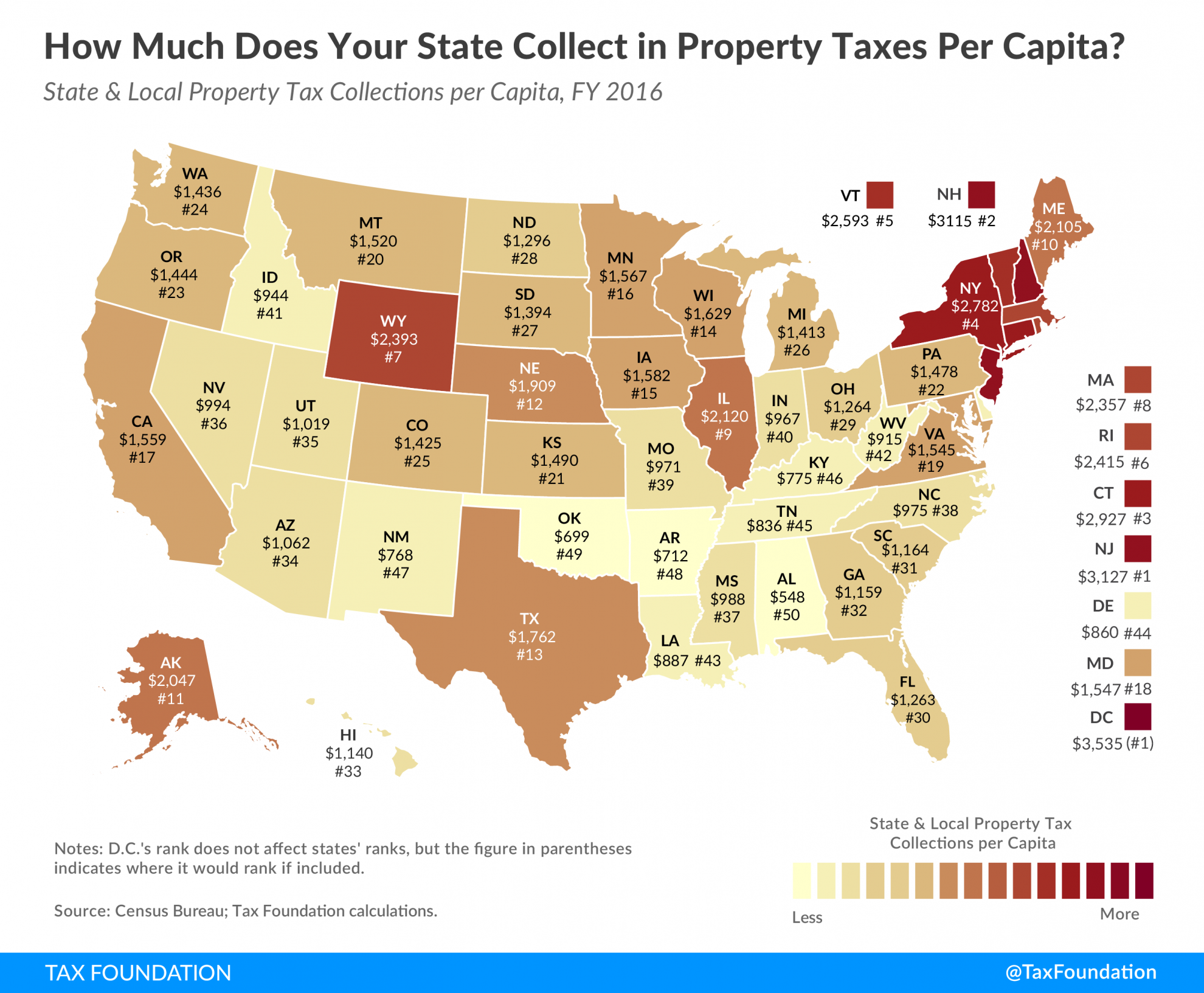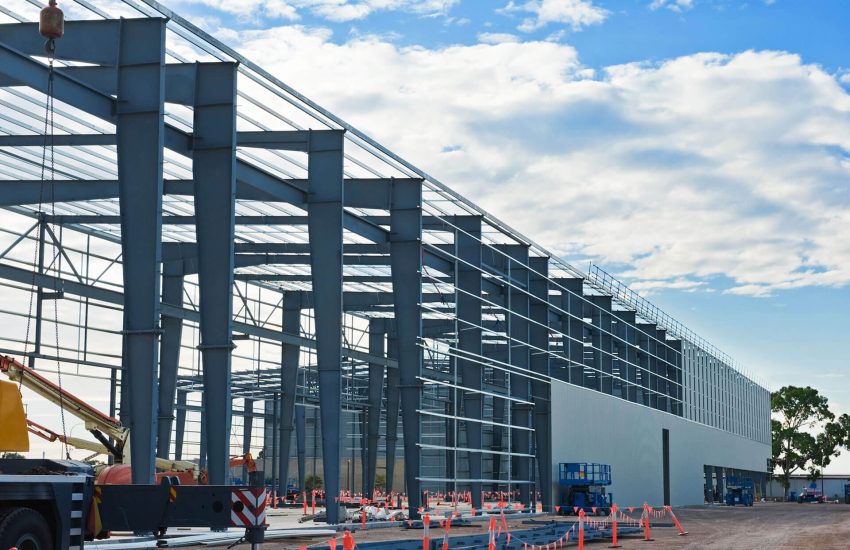Understanding Commercial Property Taxes
When it comes to owning and operating a commercial property, understanding the ins and outs of commercial property taxes is essential. These taxes can have a significant impact on a property owner’s bottom line, so being well-informed about how they work is crucial for success in the real estate industry.
What Are Commercial Property Taxes?
Commercial property taxes are levied on non-residential properties, such as office buildings, retail stores, warehouses, and industrial facilities. These taxes are assessed by local government authorities and are used to fund essential services and infrastructure in the community. The amount of taxes owed on a commercial property is typically based on the property’s assessed value and the local tax rate.
How Are Commercial Property Taxes Calculated?
The process for calculating commercial property taxes can vary depending on the jurisdiction, but the basic formula is relatively straightforward. The assessed value of the property is determined by the local government assessor, who takes into account factors such as the property’s size, location, and condition. This assessed value is then multiplied by the local tax rate to determine the amount of taxes owed.
In some cases, commercial property taxes may also be subject to additional fees or surcharges, such as special assessments for public improvements or services. It’s important for property owners to be aware of all potential costs associated with their property taxes to avoid any surprises come tax time.
Strategies for Managing Commercial Property Taxes
There are several strategies that commercial property owners can use to manage their property taxes effectively. One common approach is to challenge the assessed value of the property if it seems too high. This can be done through the appeals process, where property owners can provide evidence to support a lower valuation.
Another strategy is to take advantage of any available tax incentives or abatements offered by the local government. These incentives can help to reduce the amount of taxes owed on a property and can be a valuable tool for property owners looking to maximize their returns.
Property owners can also consider working with a tax professional or consultant who specializes in commercial real estate. These professionals can provide expert guidance on managing property taxes and can help property owners navigate the complex tax laws and regulations that govern commercial properties.
Conclusion
Commercial property taxes are an important consideration for property owners in the real estate industry. Understanding how these taxes are calculated and implementing effective tax management strategies can help property owners to minimize their tax burden and maximize their returns on investment. By staying informed and proactive about their commercial property taxes, property owners can ensure long-term success in the competitive real estate market.
Remember, when it comes to commercial property taxes, knowledge is power. By educating yourself and taking proactive steps to manage your taxes effectively, you can position yourself for success in the dynamic world of commercial real estate.
For more information on commercial property taxes and how to navigate this aspect of the real estate industry, contact a tax professional or consultant today.


